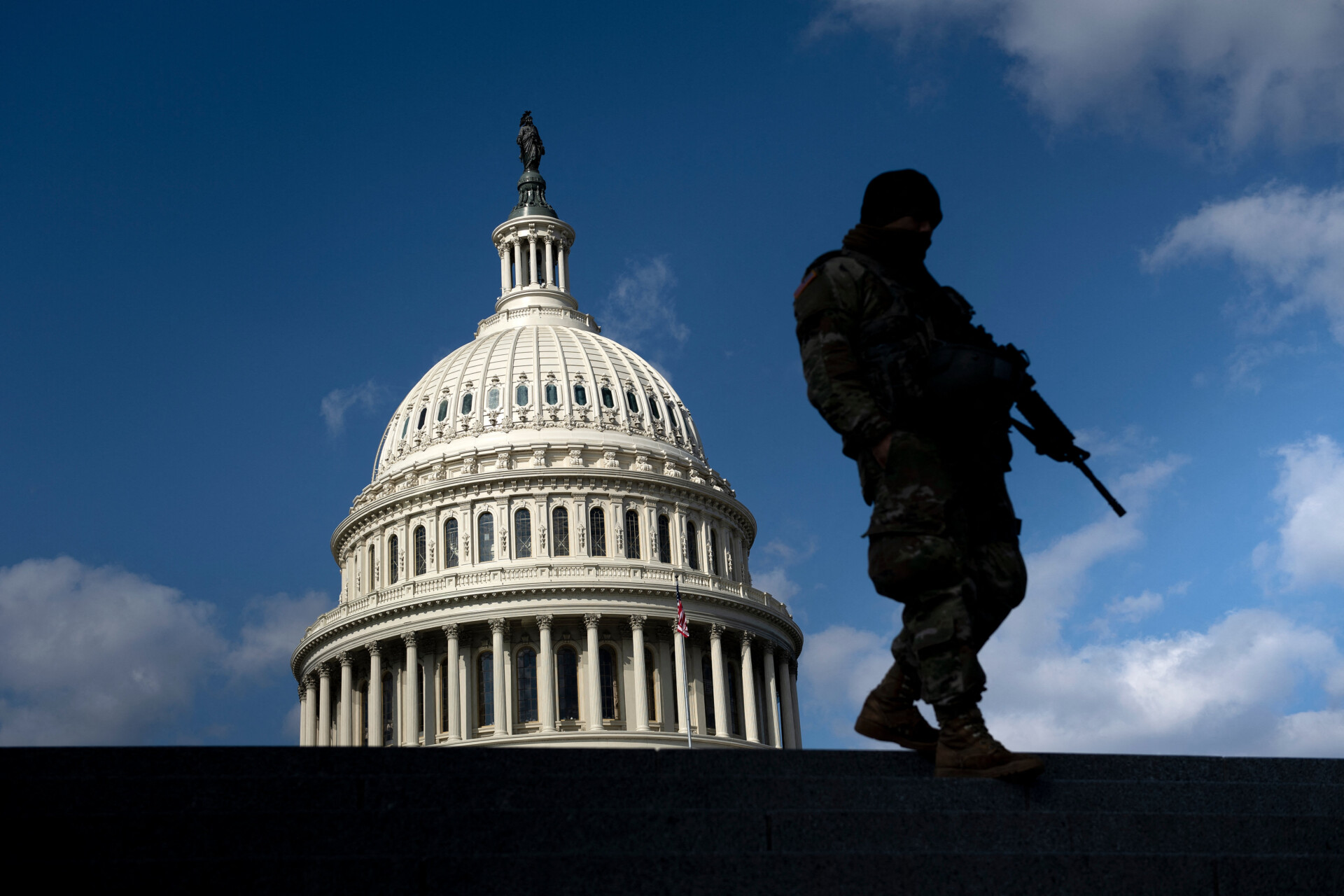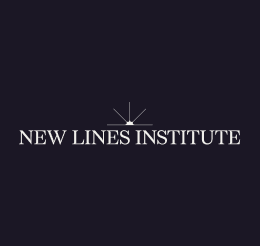Executive Summary
The U.S. federal government (USG) employs hundreds of thousands of people who hold positions of trust, including ones requiring security clearances. It is imperative that those assessing, investigating, and adjudicating government personnel background checks and security clearances have knowledge and interest in ensuring that malicious actors, irrespective of their underlying motives, are prevented from joining this trusted workforce. This policy report will discuss individuals in USG employment, including those with security clearances, who have ties to far-right extremist movements and activities. The report focuses on far-right actors who potentially pose insider threats due to their sizeable support base and their history within the federal security-related workforce. In particular, the authors surveyed publicly reported insider threat activities of white supremacists/nationalists, anti-government extremists, militia extremists, and other far-rightists.
To the extent that far-rightists are publicly discussed in association with insider threats, it is typically in terms of terrorism and other forms of political violence aiming to unlawfully overthrow the USG or coerce it into meeting extremists’ ideological objectives. While this characterization is not inaccurate, it is only one aspect of insider threats far-right actors potentially pose. Consistent with the full spectrum of insider threats posed by actors of various motivations, far-right insider threats manifest in kinetic (i.e., violent) and non-kinetic ways. Non-kinetic threats include operational security, information security, harassment/equal employment opportunity, and reputational risks to the USG and its workers.
Policy Recommendations
We offer the following recommendations to policymakers in government to mitigate the risk of insider threats motivated by far-right ideologies promoting extremism, hate, and violence:
First, the U.S. Intelligence Community must revisit and, if needed, revise strategies to deal with operational security concerns related to extremists employed throughout the entire USG enterprise.
Second, security professionals involved in government security vetting processes need basic, as well as advanced, training related to far-right extremism.
Third, government entities responsible for investigating, adjudicating, maintaining, and updating government clearances for both government employees and contractors should:
- Revise clearance questionnaires to capture applicant responses related to extremist participation beyond terrorist organizations or subversive groups wanting to overthrow the government by force or violence.
- Clarify and institute policies to enable background investigators and other security officials to access publicly available information that could identify extremist affiliations and activities of concern, per FBI/DHS (Department of Homeland Security) and other relevant agency training.
- Ensure that continuous evaluation programs and other vetting initiatives identify new information regarding trusted employees’ extremist affiliations and activities of concern, per FBI/DHS and other relevant agency training.
Fourth, USG entities involved in vetting processes should consider making an employee’s participation in, affiliation with, or support for extremist groups/movements/causes that advocate violence against USG officials or property a reportable event.
Fifth, the appropriate entities should create or enhance organizations’ behavioral observation programs by incorporating ways to spot visual and verbal extremist identifiers in the workplace. This could be included in behavioral observation training and related materials as well as emphasized as a reporting requirement.
Finally, policymakers need to better address security risks and threats posed by extremists who previously had access to classified or other sensitive information and may be targets of future radicalization and recruitment by extremists. Among other things, this should include updating existing policy frameworks to create a uniform baseline standard for data collection on extremist related and other motivated insider threats across the entire USG enterprise.







